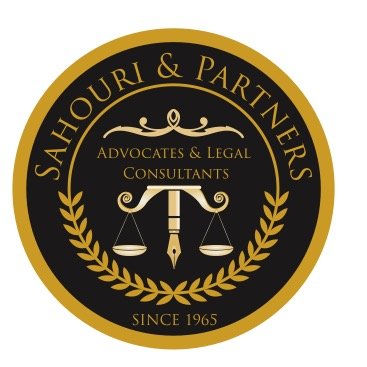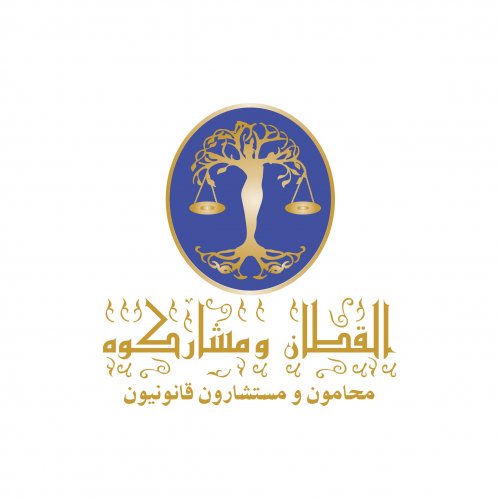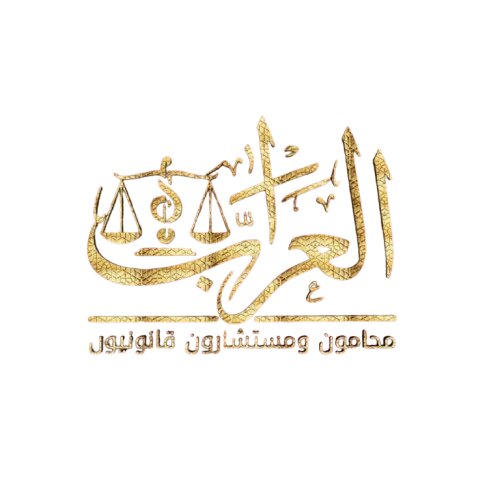Best Wrongful Death Lawyers in Amman
Share your needs with us, get contacted by law firms.
Free. Takes 2 min.
List of the best lawyers in Amman, Hashemite Kingdom of Jordan
About Wrongful Death Law in Amman, Hashemite Kingdom of Jordan
Wrongful death law in Amman, similar to other jurisdictions, pertains to legal actions undertaken when a person's death is caused by the negligence, recklessness, or intentional acts of another. These cases can involve all types of fatal accidents, from car accidents to complicated medical malpractice or product liability cases. They can also occur due to intentional violent actions. In Jordan, compensation claims are handled by the courts, and they prioritise family members such as spouses, children, parents, or siblings.
Why You May Need a Lawyer
Legal counsel is often necessary in wrongful death cases to assess the situation carefully, determine the liable parties, and seek appropriate compensation. Persons may require a lawyer’s guidance while negotiating settlements with an insurer who might undervalue the true worth of your claim. Legal assistance is also crucial when determining the economic and non-economic damages and to address complications that may arise if the defendant refutes the claim.
Local Laws Overview
Local laws in Jordan entail that the dependants of the deceased can lodge a claim for compensation due to the wrongful death, but this must be done within a specified period after the death - typically three years. Compensation extends beyond simple loss of earnings and can include other damages such as loss of companionship and mental anguish. The Jordanian law takes a robust stand against any person causing the death of another due to negligence, with penalties ranging from fines to prison sentences depending on the severity of the negligence.
Frequently Asked Questions
What is considered a wrongful death in Jordan?
A wrongful death refers to a death caused by the negligence, recklessness, deliberate, or inadvertent actions of another person or entity.
Who can file a wrongful death lawsuit in Jordan?
In Jordan, immediate family members such as spouses, children, parents, and in some cases, siblings, can file a wrongful death lawsuit.
What kind of damages can be recovered in a wrongful death lawsuit?
Damages can include loss of companionship, mental anguish and trauma, lost wages and earnings, medical costs, and in some cases, punitive damages.
How long does one have to file a wrongful death lawsuit?
In Jordan, a wrongful death lawsuit typically needs to be filed within three years from the date of death.
Can one sue a government entity for a wrongful death?
Though challenging, it is technically feasible to sue a government entity for wrongful death in Jordan, but it must be demonstrated that the death was directly caused by the negligence or misconduct of the entity.
Additional Resources
The Jordan Bar Association provides resources for finding lawyers specialized in wrongful death cases. The Ministry of Justice in Jordan may provide information about the procedures, local laws, and rights of plaintiffs in wrongful death cases. Legal Aid Jordan also offers free legal advice to individuals who can't afford it.
Next Steps
Should you need legal assistance in a wrongful death case, the first step is to seek advise from a lawyer experienced in Jordanian wrongful death law. It is advisable to collect as many details about the event as possible, including potential witnesses, medical records, and any other relevant information. The lawyer can then help you understand your rights, potential compensations, and guide you through the process of filing a lawsuit. Remember to act promptly, considering the time restrictions in place for lodging such cases.
Lawzana helps you find the best lawyers and law firms in Amman through a curated and pre-screened list of qualified legal professionals. Our platform offers rankings and detailed profiles of attorneys and law firms, allowing you to compare based on practice areas, including Wrongful Death, experience, and client feedback.
Each profile includes a description of the firm's areas of practice, client reviews, team members and partners, year of establishment, spoken languages, office locations, contact information, social media presence, and any published articles or resources. Most firms on our platform speak English and are experienced in both local and international legal matters.
Get a quote from top-rated law firms in Amman, Hashemite Kingdom of Jordan — quickly, securely, and without unnecessary hassle.
Disclaimer:
The information provided on this page is for general informational purposes only and does not constitute legal advice. While we strive to ensure the accuracy and relevance of the content, legal information may change over time, and interpretations of the law can vary. You should always consult with a qualified legal professional for advice specific to your situation.
We disclaim all liability for actions taken or not taken based on the content of this page. If you believe any information is incorrect or outdated, please contact us, and we will review and update it where appropriate.














